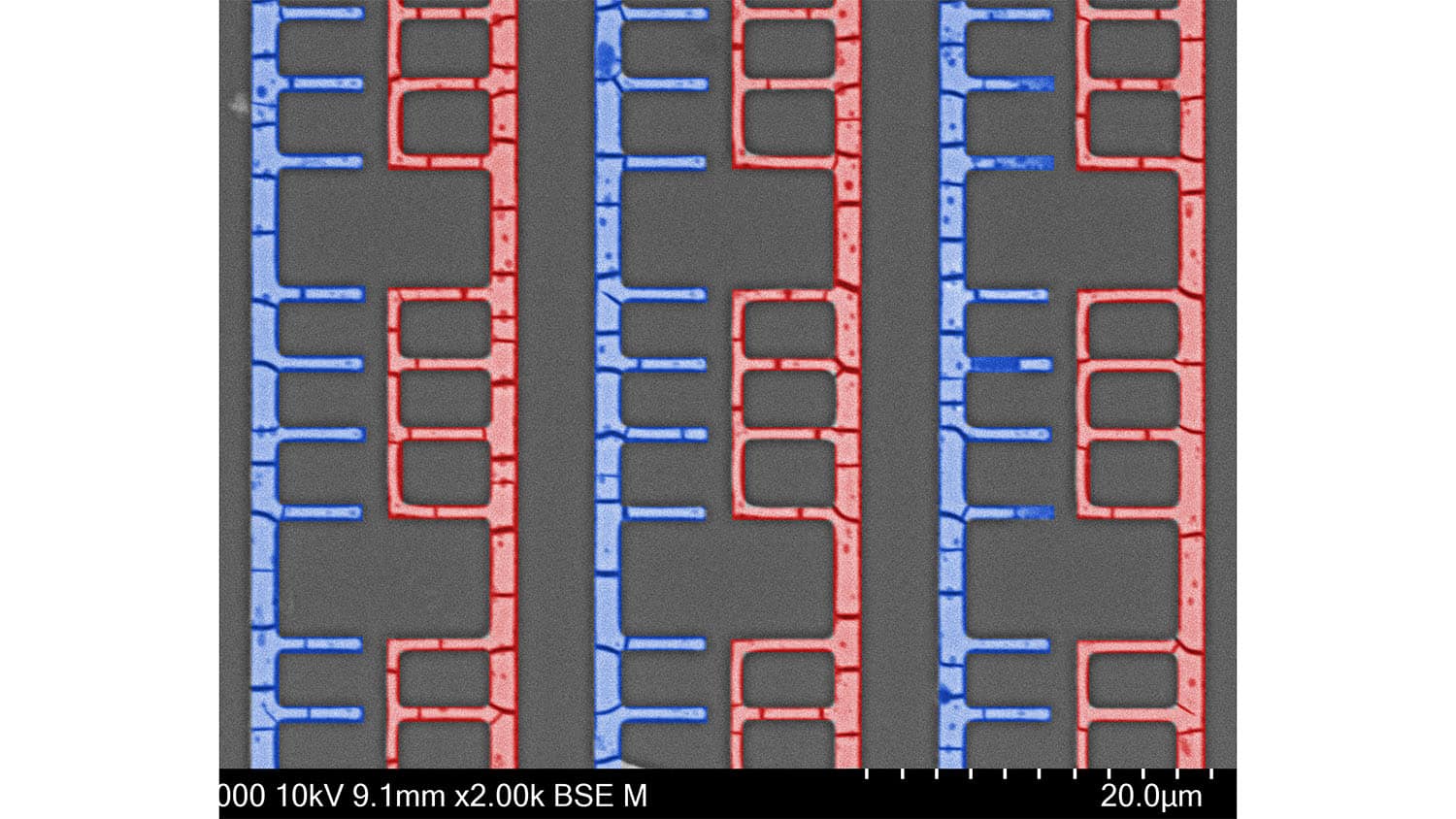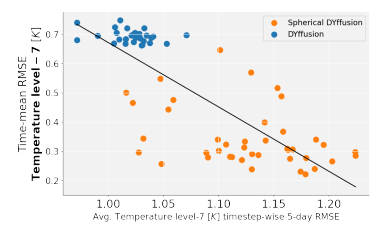2024-12-02 バッファロー大学(UB)

An illustration of small primordial black holes. In reality, such tiny black holes would have a difficult time forming the accretion disks that make them visible here. Photo: NASA
<関連情報>
- https://www.buffalo.edu/news/releases/2024/12/primordial-black-holes-may-be-hiding-in-planets-or-even-everyday-objects-here-on-Earth.html
- https://www.sciencedirect.com/science/article/abs/pii/S2212686424002449
惑星、小惑星、そして地球上の小さな原始ブラックホールを探す Searching for small primordial black holes in planets, asteroids and here on Earth
De-Chang Dai, Dejan Stojkovic
Physics of the Dark Universe Available online: 19 September 2024
DOI:https://doi.org/10.1016/j.dark.2024.101662
Abstract
Small primordial black holes could be captured by rocky planets or asteroids, consume their liquid cores from inside and leave hollow structures. We calculate the surface density and surface tension of a hollow structure around a black hole and compare them with the density and compressive strength of various materials that appear in nature to find the allowed parameter space. For example, granite or iron can support a hollow asteroid/planetoid/moon of the size of up to 0.1R⊕. Along the same lines, future civilizations might build spherical structures around black holes to harvest their energy. Using the strongest material that we currently know how to make (multiwall carbon nanotube), to withstand gravity of one solar mass black hole, the shell must be constructed at distances larger than 104R⊙. Alternatively, a fast black hole can leave a narrow tunnel in a solid object while passing through it. For example, a 1022 g black hole should leave a tunnel with a radius of 0.1μm, which is large enough to be seen by an optical microscope. We could look for such micro-tunnels here on Earth in very old rocks, or even glass or other solid structures in very old buildings. While our estimate gives a very small probability of finding such tunnels, looking for them does not require expensive equipment and long preparation, and the payoff might be significant.



